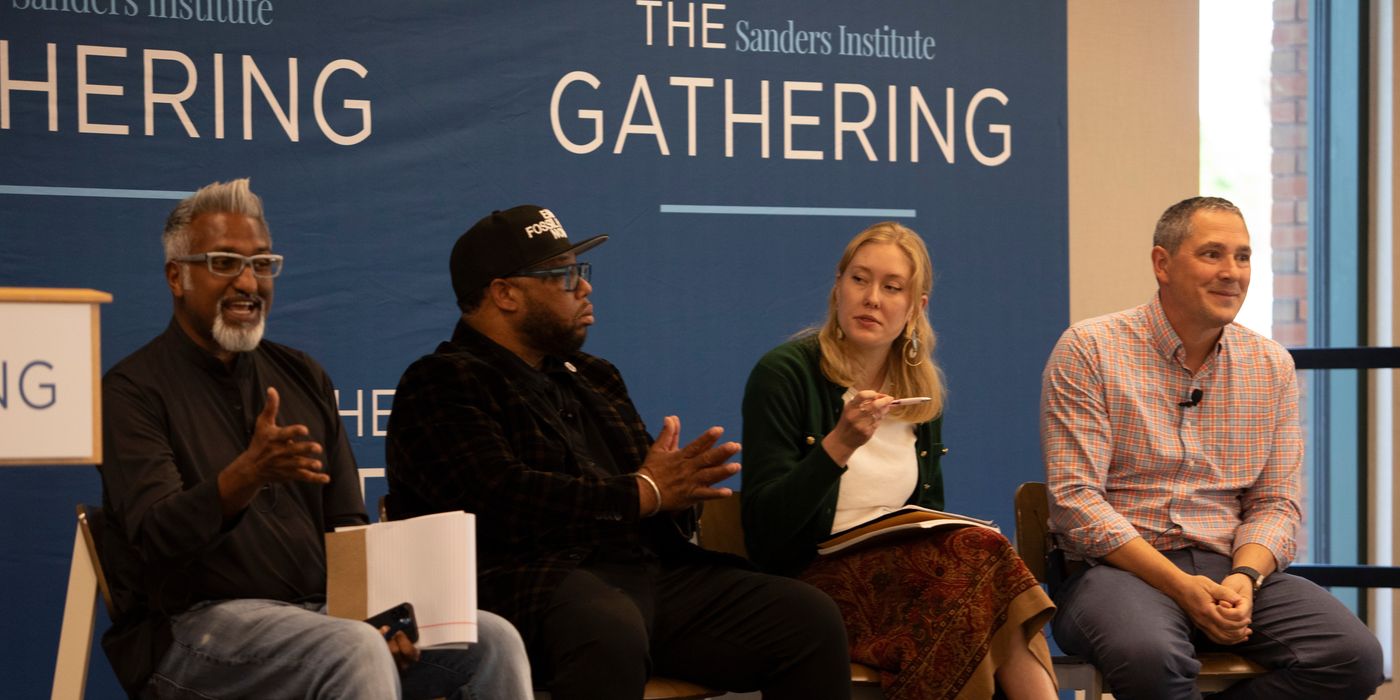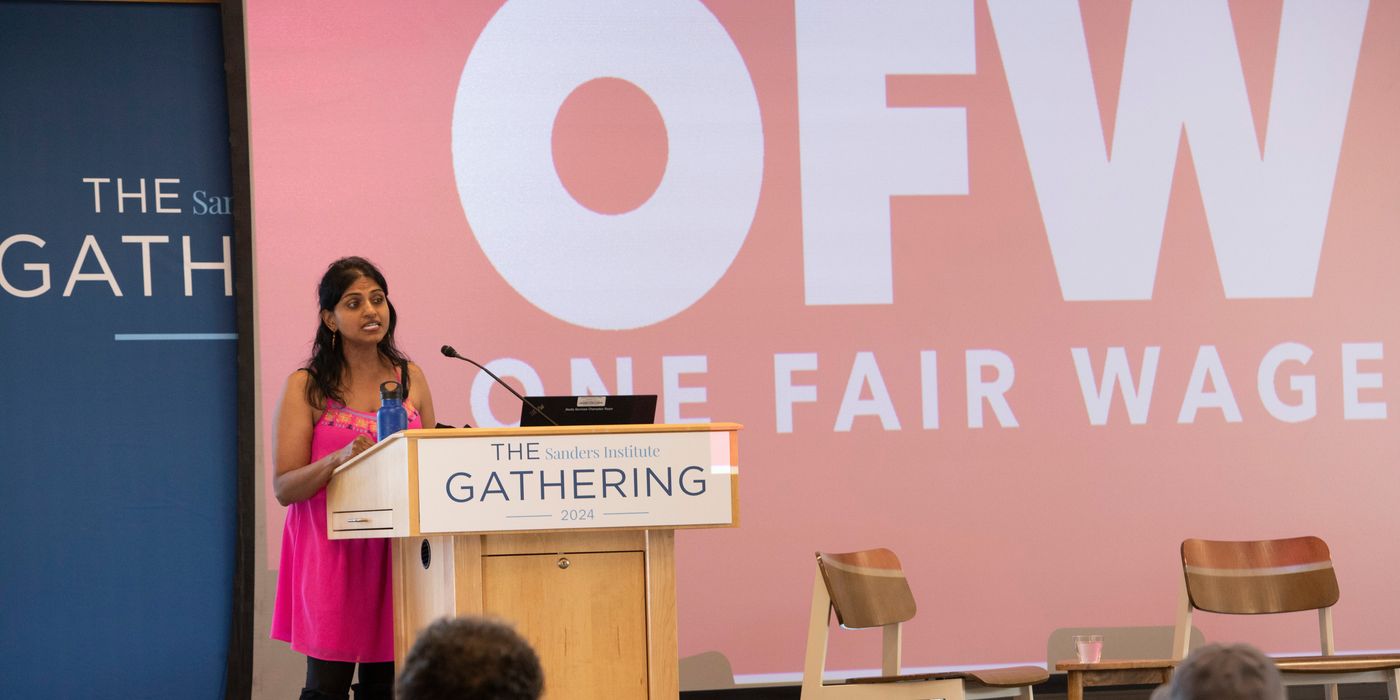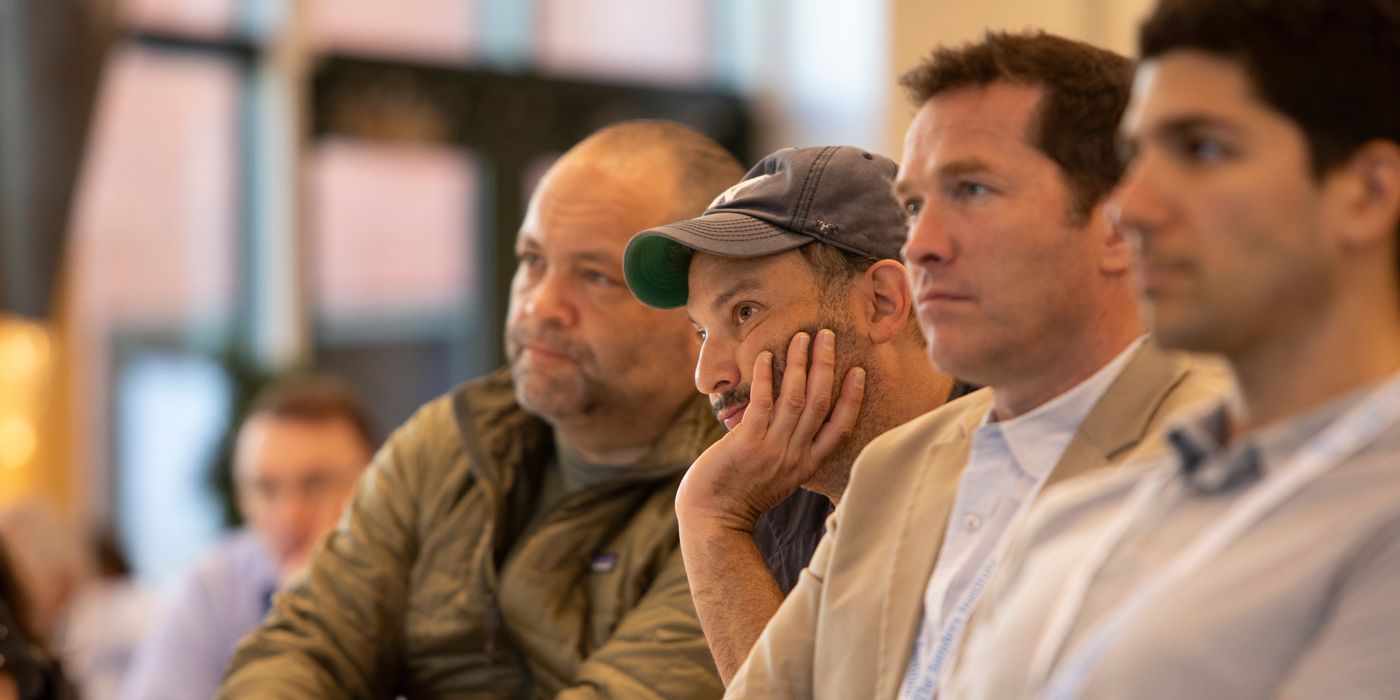Michael Weinstein, President & Co-Founder of Aids Healthcare Foundation
Alex Lee, California Assembly member
Michael Monte, CEO of Champlain Housing Trust
Rob Reynolds, Veteran & veteran’s housing advocate
We would also like to thank our generous sponsors Healthy Housing Foundation and Working Families Power for making this possible.







